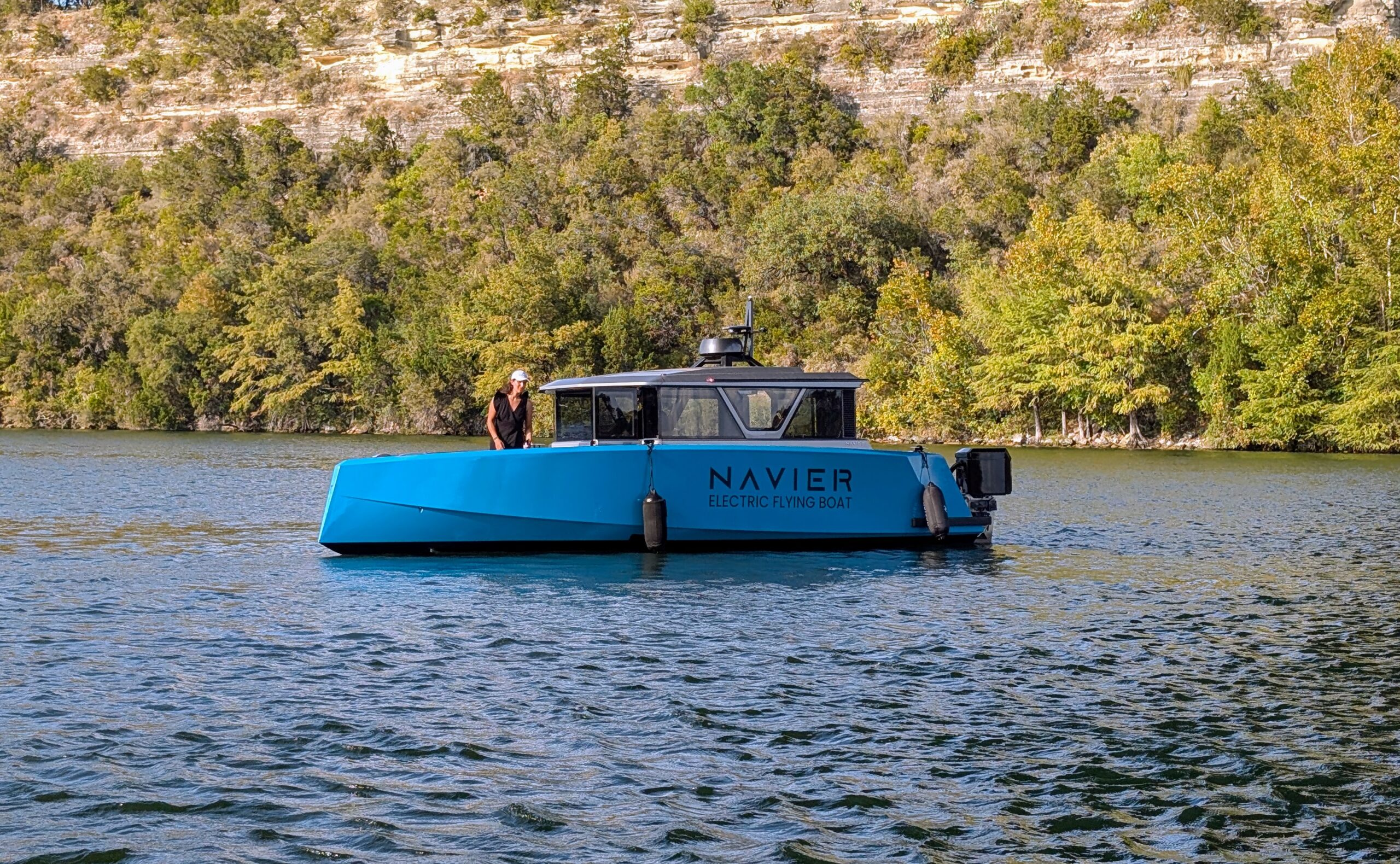- Employees send open letter to CEO Wael Sawan
- Letter urges Sawan to continue its energy transition
- Sawan plans to slow spending in renewables
LONDON, Sept 27 (Reuters) – Shell (SHEL.L) CEO Wael Sawan has come under pressure over his strategy from within the energy company after two employees issued a rare open letter urging him not to scale back investments in renewable energy, sparking an internal debate.
The open letter, posted earlier this month on Shell’s internal web and seen by Reuters this week, comes after Sawan outlined at an investor day in June plans to slow investment in renewables and low-carbon business as part of a strategy to boost returns.
The company also split its low-carbon business and scrapped the role of global head of renewables, which was followed by the departure of the holder of that position Thomas Brostrom after less than two years in the role.
“For a long time, it has been Shell’s ambition to be a leader in the energy transition. It is the reason we work here,” said the letter which was addressed to Sawan and the Shell executive committee.
“The recent announcements at and after the capital markets day deeply concern us… We can only hope the optics of the CMD announcements are deceiving us and that Shell continues its path as a leader in the energy transition.”
The letter was signed by Lisette de Heiden and Wouter Drinkwaard, who both work in Shell’s low-carbon division. De Heiden and Drinkwaard did not respond to a request for comment.
The letter received more than 80,000 views and 1,000 likes, and sparked a long exchange of comments on the open platform, including from Sawan, according to company sources.
NO EASY ANSWERS
“For an organisation at the crux of the energy transition, there are no easy answers and no shortage of dilemmas or challenge,” Sawan wrote in his response.
“We might not always agree on the way forward, but I feel good about the role Shell is, and will continue, to play. I am proud of how we provide affordable and secure energy to people every day, while we work hard to provide lower-carbon solutions to our customers, as we transition over time to a net-zero emissions business.”
Sawan, who took office in January, has focused on improving Shell’s operational performance and profitability by leaning more heavily on oil and gas operations, biofuels and electric vehicle charging.
Shell has in recent months exited offshore wind projects in Ireland and France, sold its UK power retail business and said it was seeking to sell stakes in renewable projects in India to help boost returns. It is also weighing selling all or part of the Sonnen battery storage company it acquired in 2019, industry sources said.
Shell decline to comment on the Sonnen sale process.
A Shell spokesperson said: “We appreciate that our staff are engaged in and have passion for both the energy transition and Shell… Shell is playing a meaningful role in addressing the energy transition, and at our recent Capital Markets Day we set out those areas of the energy system of today and tomorrow where we are best placed to invest, compete and win.”
Several senior Shell executives have left the low-carbon and renewables division since the strategy change.
Those include Oliver Bishop, who headed Shell’s global hydrogen mobility business and who joined BP in September in the same role, Roberto Jimenez, who headed Shell’s European onshore power, and Colin Crooks, senior vice president of renewables and energy solutions Europe, will leave at the end of the month, according to a company spokesperson.
Shell aims to be a net zero emissions company by 2050.

Reporting by Ron Bousso; Editing by Sharon Singleton
Share This:
Next Article




